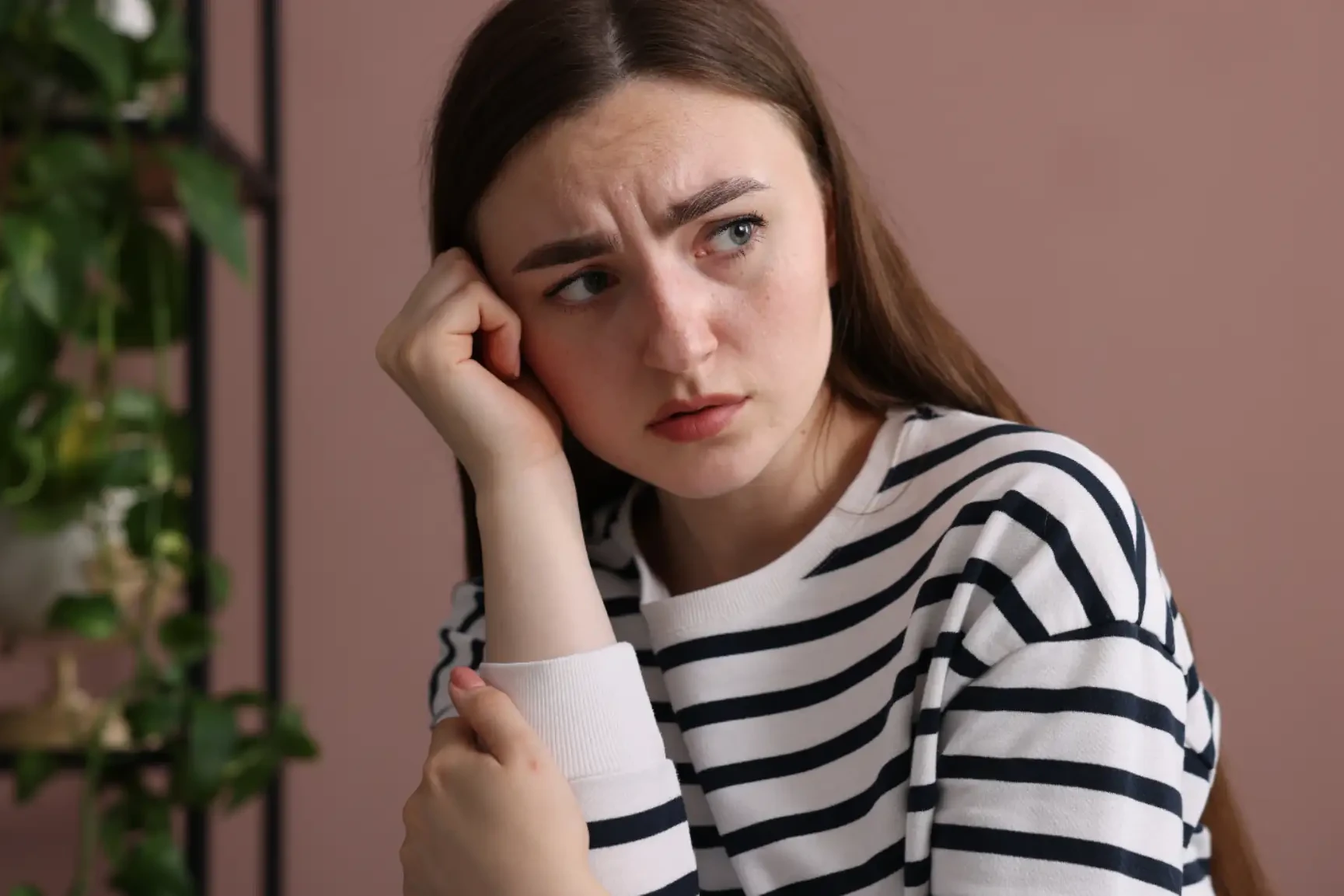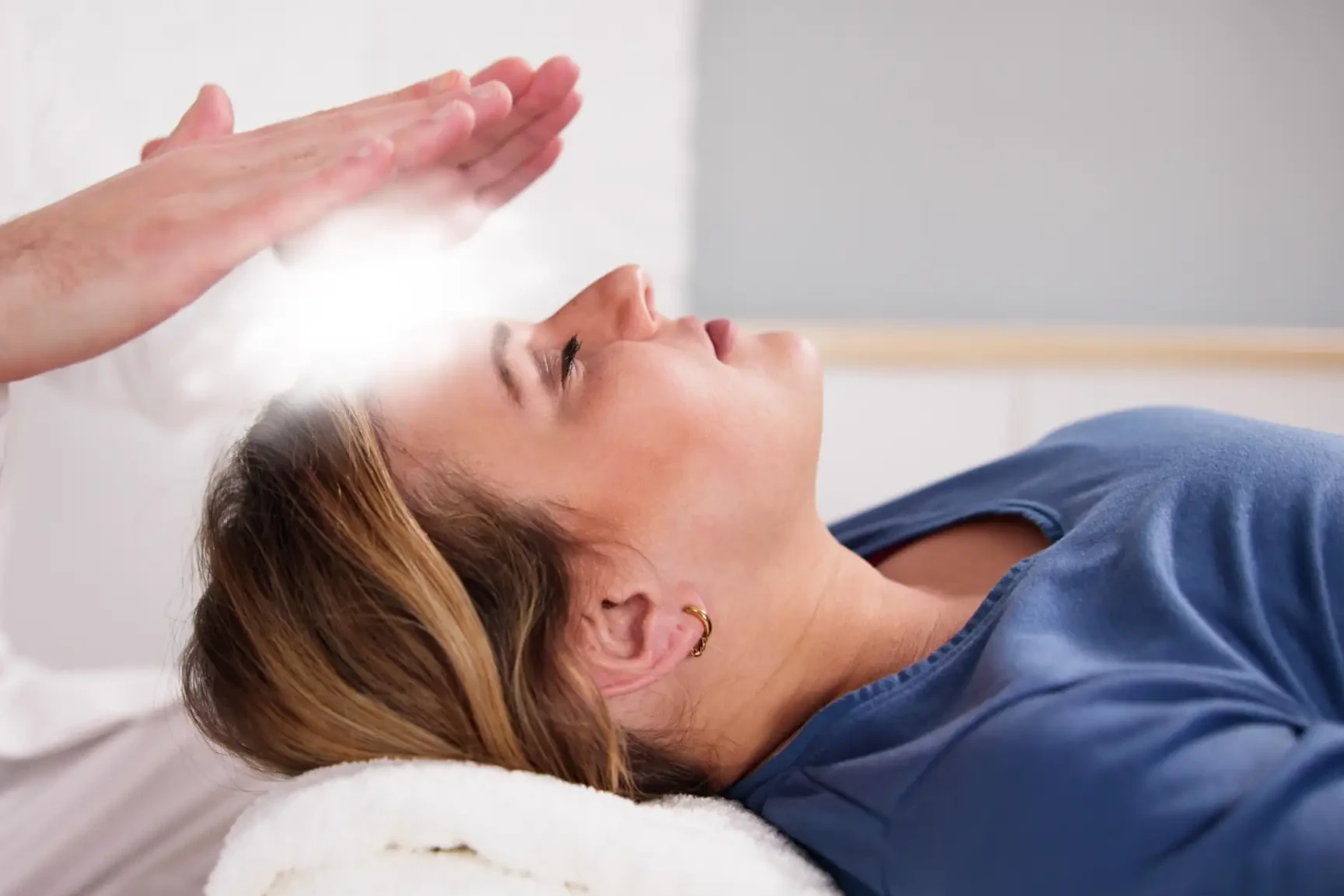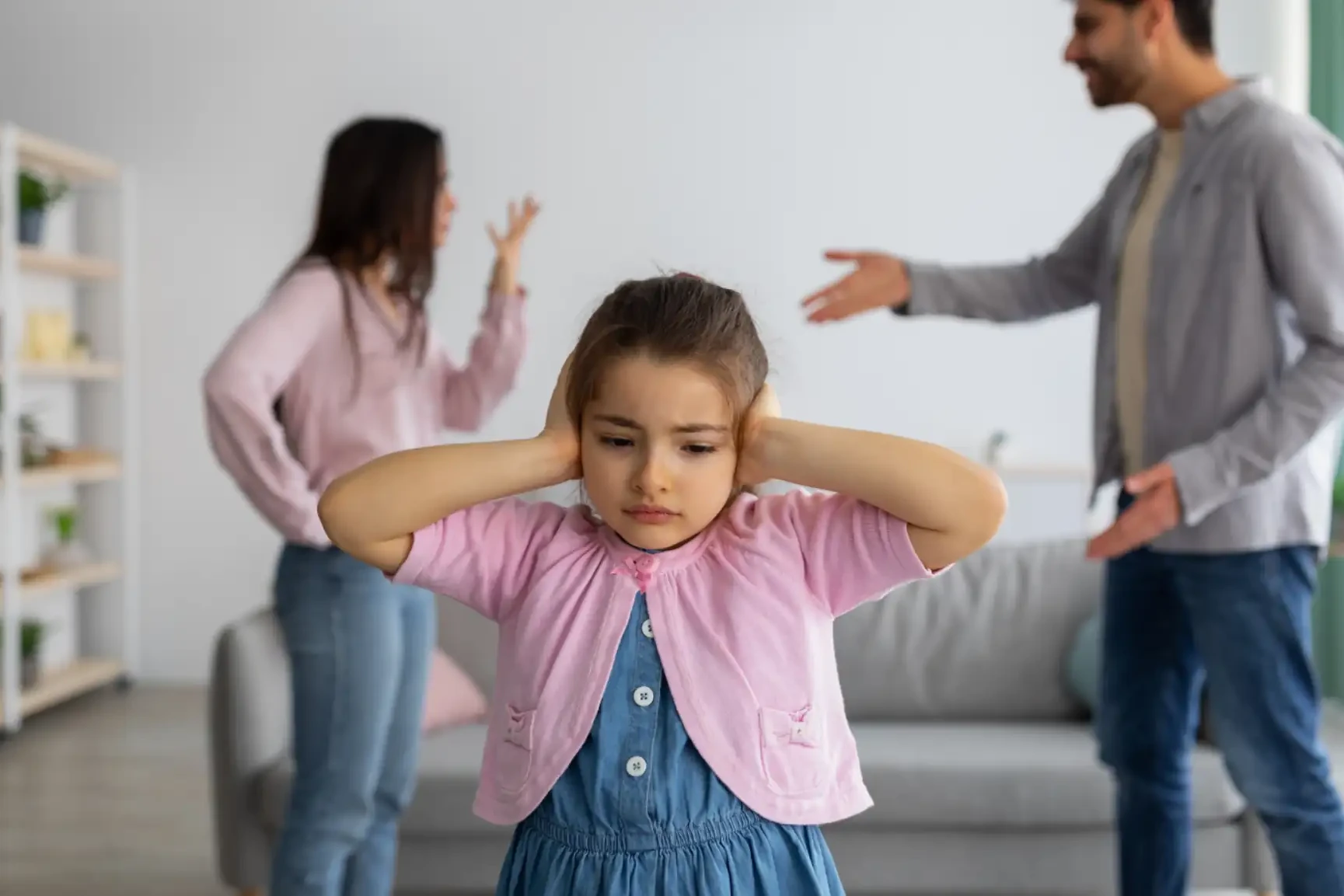Every year, about one in five American adults face mental health issues. Life events and changes can really affect our mental health. This guide aims to help you find adult mental health services in the U.S.
We’ll talk about how to get local support, the steps in getting assessed, treatment options, community resources, and getting help in crisis.
This guide aims to give you the info and tools to improve your mental health. If you’re looking for help for the first time or want more resources, this guide has what you need. It will help you find the care and services you deserve.
Table of Contents
ToggleIntroduction
Many people face mental health challenges, with about 18 percent of Americans over 18 dealing with issues yearly. Life events often affect mental health, causing changes in behavior, feelings, and relationships. This shows the need for more support or services.
Getting help early can make recovery faster and easier. Your loved one is more than their mental health struggles. They are a key part of family, work, and community life.
This guide will cover adult mental health services, how to get assessed, and finding support. We aim to help you understand the mental health system. This way, you can find the right care to improve well-being.

Reaching Out for Local Help
Looking for mental health services starts with finding what’s available in your area. In Texas, there are 37 Local Mental Health Authorities (LMHAs) and 2 Local Behavioral Health Authorities (LBHAs). They work to help communities across the state with mental health services.
To find the LMHA or LBHA closest to you, check online or call 2-1-1. This service is free and private. They can help you find local mental health resources and see if you qualify for services based on your needs.
Determining Eligibility
The Texas Resilience and Recovery (TRR) model sees mental health as a spectrum. To get TRR Mental Health Services, you must:
- Be a Texas resident
- Meet financial requirements
- Qualify for services through a uniform assessment
Your local LMHA or LBHA can help you get into mental health services. They can check if you fit the criteria for programs and resources in your area.

The Assessment Process
At the core of adult mental health services is the assessment process. It’s vital for figuring out the right care and services for each person. The Adult Needs and Strengths Assessment (ANSA) is a key part of this process. It’s done at the first visit and checked on later during treatment.
The ANSA helps find out what an individual needs and what they’re good at. This lets mental health experts make a plan just for them. This uniform assessment looks at many areas. These include emotional and behavioral health, daily living skills, and family support.
Some questions in the mental health assessment might make you feel uneasy or shy. But remember, these questions are key to finding the right care level. The info shared is kept private, within the law, to protect your trust in the process.
By doing a detailed adult needs and strengths assessment, experts can make a plan just for you. This plan will address your specific needs and help you on your path to recovery and well-being.

Available Services
When looking for mental health help, there are many services to choose from. These services include both medication management and counseling/therapy.
Medication Management
Medication management is a key part of mental health care. It offers info on different medicines, their side effects, and how to take them right. People work with doctors or other experts to find the right meds for their mental health.
Counseling and Therapy
Counseling and therapy also play big roles in mental health recovery. Techniques like Cognitive Behavioral Therapy (CBT) and Cognitive Processing Therapy (CPT) are proven to lessen mental illness symptoms. They help people change negative thoughts and feelings to improve their daily lives.
Using both medication management and counseling/therapy together can help find the best treatment plan. This approach supports a person’s mental health journey towards better well-being.

Adult mental health services
In Texas, we have a strong network of adult mental health services. The Texas Health and Human Services Commission (HHSC) works with 37 local mental health authorities (LMHAs) and two local behavioral health authorities (LBHAs). They offer a wide range of services for adults in our communities.
These local authorities provide many services based on solid evidence. These include:
- Case management
- Assertive Community Treatment (ACT)
- Pharmacological management
- Counseling and therapy
- Medication training and support
- Psychosocial rehabilitative services
- Skills training and development
The aim of these services is to help adults with mental illness manage their conditions. They can live fulfilling lives in their communities. By using proven methods, these services offer personalized, high-quality care for everyone’s unique needs.
If you or someone you know needs adult mental health services, contact your local LMHA or LBHA. They can tell you about the resources available and how to get the support you need. With a focus on recovery and wellness, these services can greatly improve the lives of those with mental illness.
Community Services and Supports
The mental health system in the United States offers many community-based services and supports. These services help people with mental health issues join their local communities. They also help them reach their personal recovery goals.
Some important community services and supports include:
- Supported Employment: Help finding and keeping a job, with job coaches and support.
- Supported Housing: Affordable, independent homes with mental health and support services.
- Forensic Services: Special programs for people with mental health issues and the criminal justice system.
- Representative Payee Services: Assistance with managing money and bills for those who struggle with finances.
Mental health community services and mental health support services are key to helping people with mental health issues. They help them live independently, work, and be part of their communities. By working with local providers and organizations, people can get the resources and support they need to reach their goals.
Person-Centered Recovery Planning
At the core of adult mental health services is person-centered recovery planning (PCRP). This method lets people take charge of their recovery. By working with treatment teams and their support networks, we create a plan that fits their goals and likes.
The PCRP starts after figuring out the right level of care. The person leads in making their recovery plan. This way, the plan matches their dreams, strengths, and values. It makes them more involved and responsible in their recovery.
The main aim of PCRP is to help people reach their recovery goals. By focusing on what the person wants and needs, we make a plan just for them. This plan tackles their unique problems and helps them move forward.
With person-centered recovery planning, we make sure each person gets the right support for their recovery. This approach to mental health treatment planning shows our dedication to caring for people in a caring and effective way.
Accessing Mental Health Services
Finding mental health services can seem hard, but it’s key to know how to get them. If you or someone you care about needs help, understanding how to get it is vital. Knowing the steps can really help.
Crisis Situations
If someone is in danger or getting worse fast, act fast. Call the crisis hotline or 911 for help right away. These services are here to help in emergencies.
They offer quick help and make sure you’re safe. Experts will check the situation and help you find the right support. This could be a team, a hospital, or other help.
Regular Mental Health Services
For ongoing mental health care, start by contacting local health groups or insurance companies. They can help you find the right services for your needs.
They can also help you apply for financial aid or government programs. This way, money won’t stop you from getting the help you need.
Your mental health is as important as your physical health. Don’t be afraid to ask for help. With the right support, you can manage your mental health and improve your life.
Conclusion
This guide has covered the main points of adult mental health services in the U.S., focusing on Texas. It explained the assessment process, treatment options, and how to get help. This information helps people and their families find their way in the mental health system.
Mental health issues are common and can be treated. If you’re looking for mental health resources, mental health support, or help with mental health recovery, this guide has given you the basics. It’s a start to living a healthier life.
We suggest you look into the resources and services mentioned here. Don’t hesitate to contact your local mental health experts for more help. With the right support and your effort, you can beat your mental health challenges and get back on track.
FAQ
What is the prevalence of mental health problems among American adults?
How can people locate their local mental health authority in Texas?
What is the Texas Resilience and Recovery (TRR) model?
What is the Adult Needs and Strengths Assessment (ANSA)?
What types of services are available through the Texas Resilience and Recovery (TRR) adult mental health system?
What community services and supports are available for individuals with mental health conditions in Texas?
How does the person-centered recovery planning (PCRP) process work?
What should someone do if they or someone they know is in a mental health crisis?
How can someone access mental health services?
To get mental health services, reach out to your local LMHA or LBHA. You can also contact your insurance or the Erie County Care Management office. They can guide you through the process and help with funding options.
About The Author

This article is medically reviewed by Dr. Chandril Chugh, Board-Certified Neurologist, providing expert insights and reliable health information.
Dr. Chandril Chugh is a U.S.-trained neurologist with over a decade of experience. Known for his compassionate care, he specializes in treating neurological conditions such as migraines, epilepsy, and Parkinson’s disease. Dr. Chugh is highly regarded for his patient-centered approach and dedication to providing personalized care.
→ Book a consultation to discover which remedies suit your needs best.




